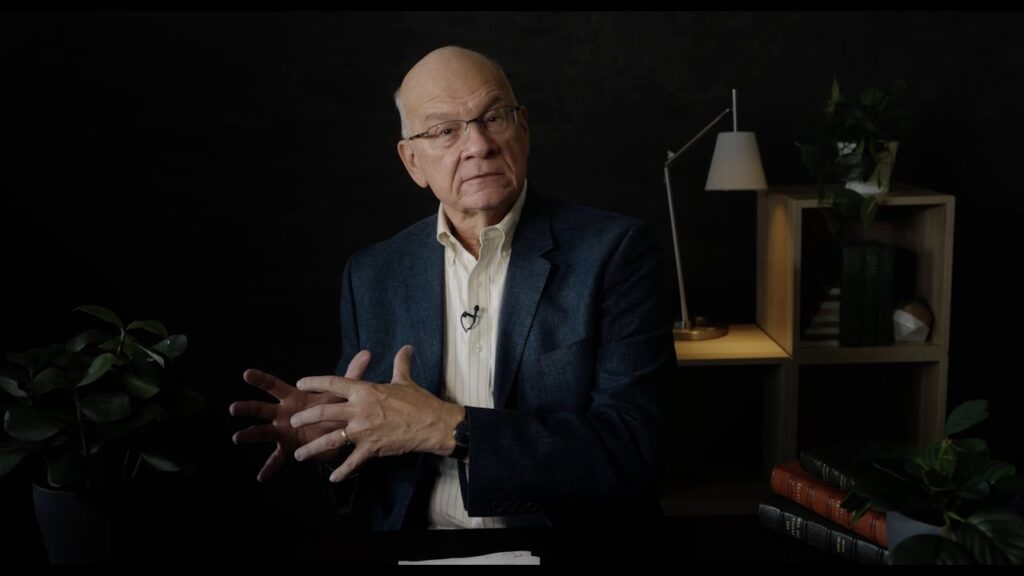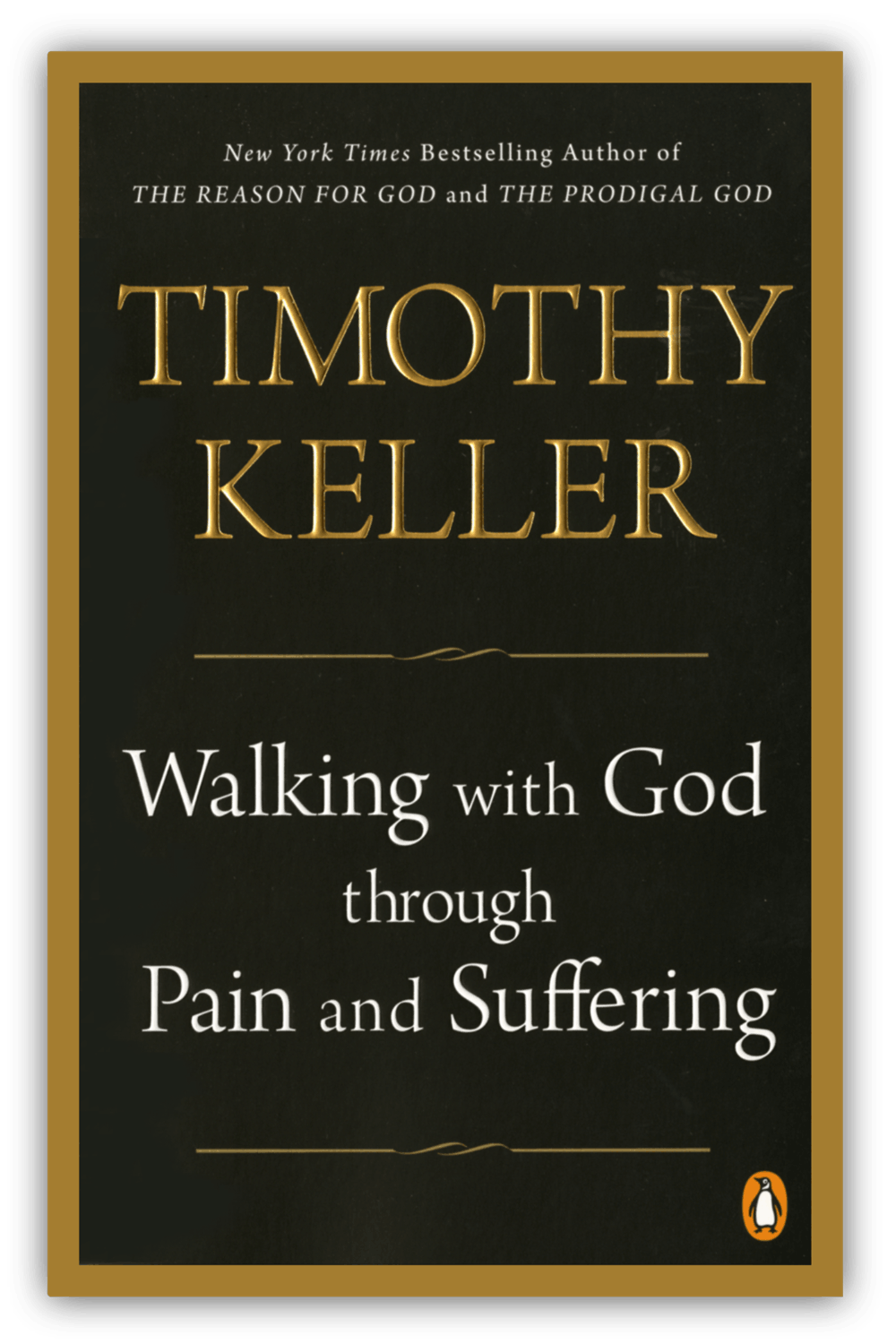Krakow, Poland has been a gateway city and a natural point of entry for fleeing Ukrainians since Russia invaded the Ukraine on February 24, 2022. In fact, Krakow is bursting at the seams with Ukrainian women and children (the men have been drafted into the army to fight), playing host to hundreds of thousands of refugees. Some are sheltering in private homes and churches, while other families are using it as a way-station before moving further West, as far away from Ukraine as they can get.
In this city, the second-largest and one of the oldest in Poland, many churches have been active in meeting the needs of these recent refugees, including Christ the Saviour Presbyterian Church. Led by Ukrainian-born church planter and pastor Saško Nezamutdinov, Christ the Saviour Presbyterian has stepped up by helping to house many of these refugees, as well as offering services in the Ukrainian language (the church has historically offered services in both English and Polish as well). I was introduced to Saško at a church planting class in New York City in 2015 hosted by Redeemer City to City (a ministry which was started by Redeemer Presbyterian Church in the late ’90s and is dedicated to supporting gospel movements all over the world by training leaders and pastors, and helping them plant new churches in the global cities where they live). In subsequent years, as Redeemer’s Short-Term Mission Director (2009-2020), I helped to organize several teams to travel to Krakow and serve Christ the Saviour’s ministry. Below is an interview with Pastor Saško, who details how his church has been a beacon of hope and help since the war began, as well as a bit of his personal testimony and spiritual journey.
How has the Ukraine/Russia conflict affected you and your ministry? How have you/your church been helping refugees, and how has this affected the church?
Our church doubled in size during the pandemic and when the war started, it almost doubled in size again. Because of Krakow’s location, the city has been serving as a gateway to safety because Krakow is one of the first large cities you hit once you have crossed the Polish-Ukrainian border. We were given an incredible opportunity and privilege to serve those who were fleeing from cities that were under the Russian attack in Ukraine and we primarily served women with children. We rented shelters. We organized meals for the refugees and offered legal help with paperwork. We ran a 10-week long VBS (with two shifts morning and afternoon for younger and older kids respectively). We started a teen ministry, women’s groups, collected food and clothes for the displaced people and distributed it. We also organized a large literature project where we printed thousands of books in Ukrainian and offered them to churches in Poland thus equipping them to serve Ukrainians that came to their towns and cities.
I like to compare what our church is doing to what the apostles had to do during his miracles of feeding the multitude with just a few loaves of bread and fish. We were a church of 40 people on a busier Sunday that didn’t have any resources of our own, and yet thanks to an incredible response of the church across the globe, God took care of all these needs by using us and by giving us the task of distributing whatever belonged to him to those in need, just like the Apostles had to distribute bread that they hadn’t had.
Where are you from, and how did you get to Krakow?
I come from Lviv, Ukraine, a former Polish territory and city. This is where I came to faith and then went to a Bible college. And during my studies in Bible college as we were taking a missiology class, I felt a call to cross-cultural mission work. At first, I was considering former Yugoslavia, but then the Lord led me to the realization of the vast need for gospel work in Poland. Poland has been neglected by Western missionaries over the last couple of decades. It was Operation Worlds’ statistics comparisons that opened my eyes to Poland’s spiritual landscape: the percentage of Polish Evangelicals in Poland is as big as the percentage of Evangelical population in Saudi Arabia.
I came across a church-planter in a small mountain town outside of Krakow who was looking for helpers and workers for his church. Because I have always spoken Polish, I decided I would join him for a few years, and after that in 2013, I moved to Krakow as I knew I was being called to return to ministering in an urban context.
Why did you decide to become a church planter?
Over a decade ago, someone created a map of Poland where the country was split into small counties, and the counties that had some Protestant presence were marked up in red or pink. This map had a tremendous influence on me because the map was pretty much white and blank. And I found out it was absolutely accurate; you have to drive 100 miles before you hit another Evangelical church. And when you do, there is no guarantee that the teaching in it will be sound and orthodox. I knew immediately that Poland needed more gospel-preaching churches. And I knew that we had to start in big cities because this is how ideas travel. You never hear about ideas that started in small provinces and made their way up to big cities, but you do hear about ideas traveling from cities further down. (This is a big Tim Keller philosophy).
I knew immediately that Poland needed more gospel-preaching churches. And I knew that we had to start in big cities because this is how ideas travel.
Specifically, there was not a single church-plant being launched in Krakow. There were maybe a dozen Evangelical churches that were more or less established, but nobody was even thinking about planting new churches because for years it has been such a difficult ground for the mission work and missionaries were not exactly lining up to come to Poland.
In 2016, I got invited to attend the Redeemer City to City one-month long intensive for church-planters in New York and that was probably the best training I have ever had. It was a great time of thinking through the theological vision for the new church and also a great time to just revisit such basic topics as the gospel, idols of the heart, gospel transformation and our attitude towards big cities. As a result of that intensive, a clear vision for a Krakow church was shaped and we were ready to launch our first services with a small group of just a dozen people.
How did you become a believer/what is your testimony?
I came to faith through an ESL ministry that one of the biggest churches in Lviv was hosting. I was 12 years old and I wanted to learn English with native speakers, so I signed up for a course. Through this course, I met a lot of local believers whom I began barraging with questions about the Bible, about faith and Christianity. I joined the church at the time, but it really wasn’t until after Bible college that I realized that the gospel (usually) doesn’t change you overnight. The transformation of the heart is a long process, but the Lord is faithful in working the gospel into our hearts once he has started it.
The transformation of the heart is a long process, but the Lord is faithful in working the gospel into our hearts once he has started it.
What needs do you think your church and churches in your area will need to meet in the future?
One of the issues that Ukrainians will be struggling with in the near future is the increase of disabled people in society. Soldiers will be returning home with limbs missing, PTSD, and mental and psychological traumas. There will be a severe need for suicide-prevention workers. Christian counseling will be one of the most critical ministries. A lot of Ukrainian Christians will need training in this field. The church must think in advance and prepare itself for the challenge and the significant need for the gospel.
Where do you see God in this conflict?
God uses crises to advance his Kingdom, and he makes no mistakes. We might be scared, frustrated, angry, lost and confused. Still, if God is intelligent enough to create the universe and all the living creatures, he is strong enough to preserve and keep them. And this is the most beautiful hope amid the most dreadful situation.
What was an important message from Tim Keller that made a difference to you as a church planter?
Tim had a clear approach in regards to contextualization and developing a balanced approach to it. For our church in Krakow, Poland, in the 21st century, I believed we could either over-contextualize or under-contextualize—or at least that’s what Tim always used to say. Most churches around us under-contextualize, and not enough thought is being put into what the church and its ministry should look like. We knew we didn’t want to be that kind of church. But if a church over-contextualizes in Krakow, then it would be tempted to be too similar to the Catholic part of the society and embrace a heavy liturgical style and a very mechanical approach to religion. Another pitfall is to become too secular and lean toward the liberal part of our society. These are the two extremes we often see, especially among Polish mainline Protestant congregations. It was Tim’s emphasis on the centrality of the gospel that kept us from drifting either way.




